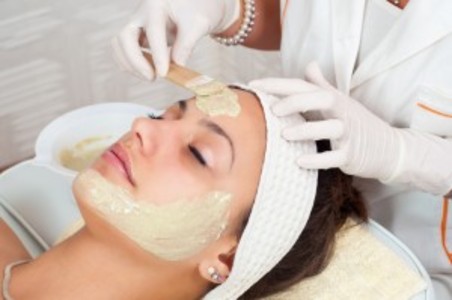Hormones, Skin, and Aging
Posted on: April 6, 2015

There are a variety of hormone affects on your skin, but estrogens, testosterone, and the thyroid hormones appear to have relatively large effects. Estrogens are present in both males and females, and are at their highest concentration after the onset of puberty and prior to menopause in females, and will change during pregnancy. Estrogen affects the the skin's thickness and ability to retain moisture. Testosterone, again present in males and females, creates skin with a more oily texture, and is also responsible for hair thinning. Abnormal levels of thyroid hormones can result in skin that is thinner or drier than anticipated.
As a person's age increases, there is a gradual reduction in skin thickness and elasticity, as well as a decrease in the amount of protective fat that lies underneath the outer layers of skin.
This natural process is understood to be affected by external and internal factors. Environmental factors, such as UV and chemical exposure, can speed up natural skin aging. Excessive exposure to ultraviolet light and the resulting effects are known as photoaging. Natural changes in skin are also dependent on an individual's genetic makeup, since skin aging and genetic programming may be directly related. Certain individuals with a particular genetic makeup may have youthful appearing skin that persists with age.
It is vitally important to utilize proper skin care to minimize the severity of natural age-related changes. Commercially available products, in particular those containing tretinoin, have been demonstrated to reverse age-related changes in skin.


